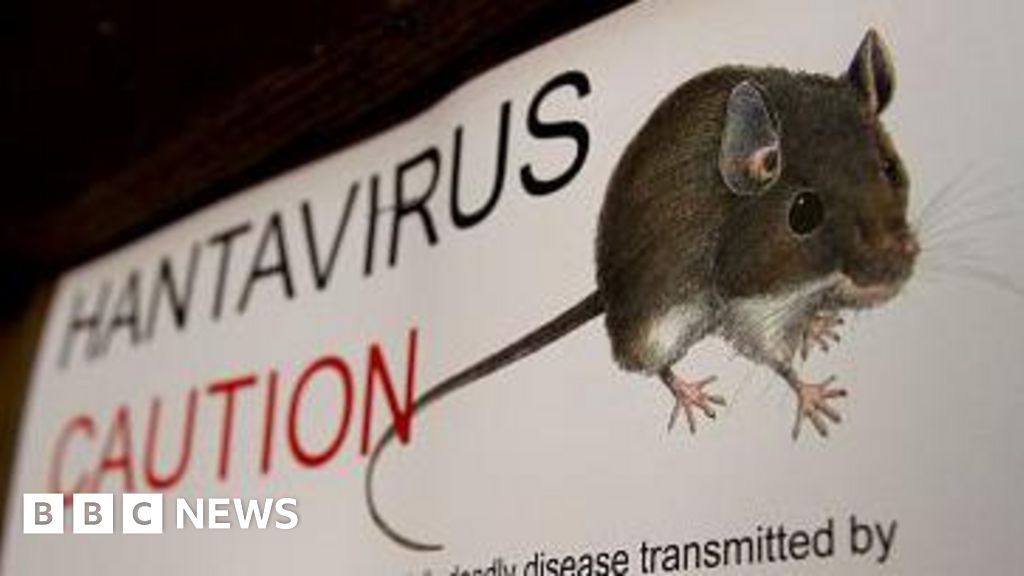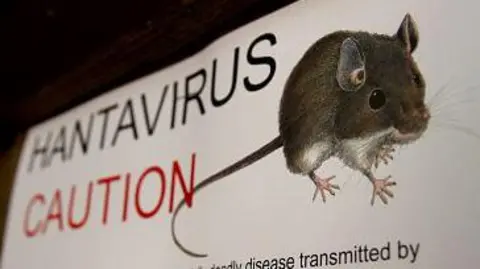Physical Address
304 North Cardinal St.
Dorchester Center, MA 02124
Physical Address
304 North Cardinal St.
Dorchester Center, MA 02124

BBC News, Washington
 Ghetto images
Ghetto imagesBetsy Arakava, the wife of the actor who won an Oscar Jean Hakman, died of a respiratory disease associated with a hantavirus, a rare disease transmitted by infected rodents, staff confirmed.
Health experts warn that the hantavirus can cause flu -like symptoms after exposure to rodent disposal and in severe cases can develop in the Hantavirus (HPS) lung syndrome, life -threatening pulmonary condition.
Medical investigators believe that D -Jza Arakawa has concluded HPS, which led to her death.
She is believed to have died a week before her husband, who was in the advanced stages of Alzheimer’s disease. Authorities found the deceased couple at their home in New Mexico last month.
Here’s what you need to know about Hantavirus.
Hantavirus refers to a strain of viruses worn by rodents, mainly transmitted to humans by inhaling air particles from dried rodents.
Infects usually occur when the virus occurs in the air from the urine, ejection, or saliva of the rodent, according to the centers for the control and prevention of diseases (CDC).
Although rare, it can also spread through bites or scratches. In North America, deer mice are the most common media, according to the Mayo clinic.
The virus can cause two serious diseases. Hantavirus’ first pulmonary syndrome – the most common strain in the United States – was the disease that led to the death of Da -Arakava, employees say.
Symptoms often begin with fatigue, fever and muscle pain, followed by headaches, dizziness, chills and abdominal problems. If respiratory symptoms develop, the mortality rate is approximately 38%, according to CDC.
The second disease, hemorrhagic fever with kidney syndrome, is more severe and mainly affects the kidneys.
 Ghetto images
Ghetto imagesCDC reported 864 cases of Hantavirus in the United States between 1993 and 2022.
Most cases have been found in rural areas of the Western states such as California, Washington, Arizona, New Mexico and Colorado.
The agency began supervision of Hantavirus diseases in 1993 during the outbreak of severe respiratory diseases near the US region, where Arizona, Colorado, New Mexico and Utah occur.
There may be about 150,000 cases of hemorrhagic fever with kidney syndrome around the world every year, according to a report from National Health Institutes. More than half are found in China.
There is no specific treatment for hantavirus infections.
CDC recommends supporting care for the treatment of symptoms.
Patients with severe symptoms may need to be admitted to hospitals in intensive care units. Some may need to be intubated in severe cases.
CDC recommends eliminating contact with rodents in homes or jobs to reduce exposure to the virus.
The agency also recommends sealing entrance points in basements or attics where rodents can enter homes.
Wearing protective equipment is also available when cleaning rodents to avoid inhalation of polluted air.